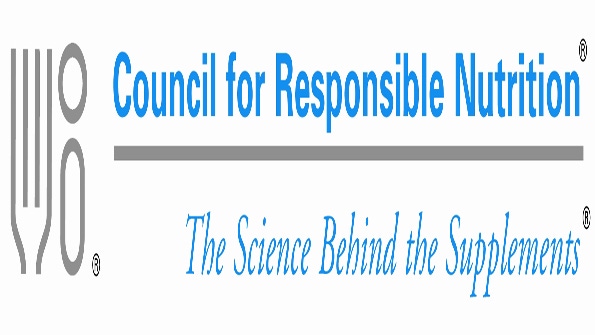Psyllium dietary fiber could cut health care costs
Frost & Sullivan report theorizes that if U.S. adults over 55 with elevated cholesterol took psyllium supplements, it could lead to cumulative health care savings of $19.9 billion.
September 18, 2014

Significant individual and societal health care savings can be tied to specific dietary supplement use, according to a recent economic report, “Smart Prevention-Health Care Cost Savings Resulting from the Targeted Use of Dietary Supplements,” conducted by Frost & Sullivan through a grant from the Council for Responsible Nutrition Foundation (CRNF).
The report theorized that if U.S. adults over the age of 55 with elevated cholesterol took a specific amount of psyllium dietary fiber supplements, it could lead to cumulative health care savings of $19.9 billion (between 2013 and 2020) by reducing CHD disease-related medical events by 11.5 percent. In 2012, one medical event related to CHD was estimated to cost over $13,0001. As of 2013, only 8 percent of U.S. adults aged 55 and up take psyllium dietary fiber supplements.
“According to this economic report, there are significant cost savings yet to be realized through the increased usage of psyllium dietary fiber supplements, particularly as the number of adults in this age group with CHD is expected to rise 13 percent through 2020,” said Steve Mister, president, CRNF. “This is a call-to-action for those at-risk of CHD to incorporate smart prevention into their lifestyles. Given the rising cost of health care, it’s worth considering taking psyllium dietary fiber, particularly if you have elevated cholesterol. It’s a simple, cost-effective way of potentially avoiding an expensive medical event down the line.”
The report estimates it costs 30 cents per day to take psyllium dietary fiber at the preventive intake levels identified. Psyllium dietary fiber has been found to lower cholesterol by stopping “bad” cholesterol absorption in the intestine. Because high cholesterol is a risk factor for heart disease, maintaining healthy levels is important.
The same report also presented an economic argument for use of other dietary supplements, including chromium picolinate, omega-3s, B vitamins, magnesium, calcium and vitamin D, lutein and zeaxanthin, and phytosterol dietary supplements, which should be considered by those interested in helping control rising health care costs, or for individuals at-risk or currently diagnosed with CHD, diabetes-related CHD, age-related eye disease or osteoporosis.
To achieve the report findings, Frost & Sullivan conducted a systematic review of scientific research in peer-reviewed, published studies that looked at a relationship between psyllium dietary fiber supplement intake and the risk of a CHD-attributed event. The firm then projected the rates of CHD-attributed medical events across U.S. adults over the age of 55 with CHD and applied a cost benefit analysis to determine the cost savings if people in this targeted population took psyllium dietary fiber supplements at preventive intake levels.
The full Frost & Sullivan economic report and accompanying materials, including a psyllium dietary fiber infographic, are available for free at supplementforsmartprevention.org.

About the Author(s)
You May Also Like




